
In EGFR-mutated non-small cell lung cancer Tagrisso with pemetrexed and chemotherapy was associated with an improvement in survival.

In EGFR-mutated non-small cell lung cancer Tagrisso with pemetrexed and chemotherapy was associated with an improvement in survival.

CAR-T cell therapy has cured some children with blood cancers and is being studied in solid tumors, where responses differ due to how these cancers grow.

Jennie Smythe, diagnosed with breast cancer at 41, now works with Susan G. Komen to amplify patient voices and drive progress in research and policy.

Kelly Dyckman works to help women reclaim their confidence in intimacy following a cancer journey, as she explained in an interview with CURE.


Alison Ankiewicz explains how pelvic physical therapy restores tissue, sexual function and emotional confidence for patients after cancer treatment.
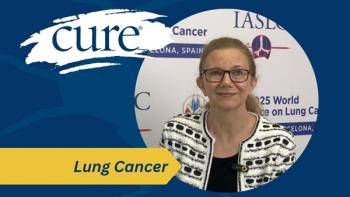
Dr. Mary B. Beasley discusses evolving role of pathologists in lung cancer care, highlighting how emerging technologies may shape the future of the field.

Heather Ann Yonker expands on strategies for maintaining food safety in the home, particularly for patients with compromised immune systems due to cancer.
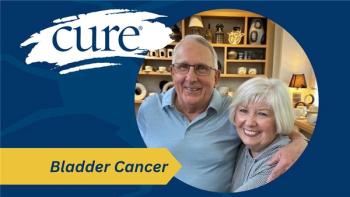
Frank Garred, 77, completed Inlexzo treatment for recurrent bladder cancer, describing it as manageable with minimal side effects compared with BCG.
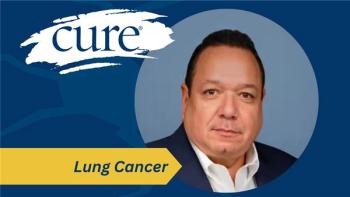
Dr. Edgardo Santos explains that combining Tagrisso with chemotherapy or Leclaza plus Rybrevant may improve survival versus monotherapy alone.

Dr. Sandip Patel discusses findings from a real-world study of biomarker testing in early-stage resected non-small cell lung cancer in the U.S.
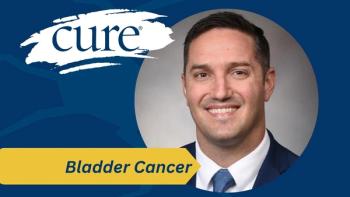
Dr. Patrick J. Hensley shares the treatment landscape of non-muscle-invasive bladder, as well as how individual risk factors can alter treatment options.
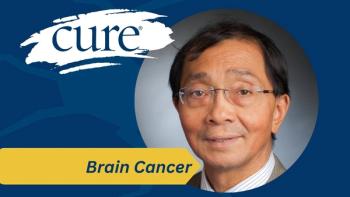
Dr. Patrick Wen discussed with CURE how Modeyso treats diffuse midline glioma, and what unmet needs remain for patients now that the therapy is available.
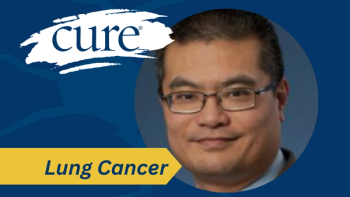
Ibtrozi may become the new standard for ROS1-mutated lung cancer, with phase 2 data showing safer, longer-lasting benefits for patients.

Targeted therapies have changed non-small cell lung cancer care, but new side effects, like weight gain, are emerging, says Dr. Lorenzo Belluomini.

Dr. Jacob A. Sands shares how patients with lung cancer can interpret clinical trial results and how these findings translate to treatment decisions.
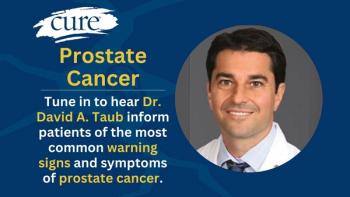
Dr. David A. Taub sat down with CURE for an interview in honor of Prostate Cancer Awareness Month, observed annually each September.
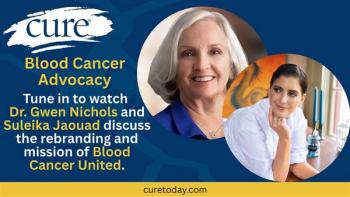
CURE spoke with chief medical officer Gwen Nichols and partner Suleika Jaouad about the inclusive rebranding.
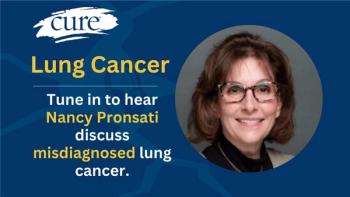
After years of chronic cough and misdiagnosed infections, a 2016 stage 4 ALK-positive lung cancer diagnosis led to targeted therapy that has helped since.
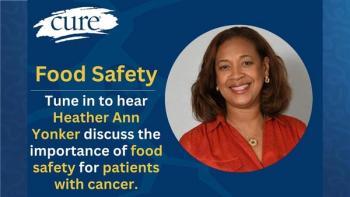
Heather Ann Yonker, emphasizes the importance of food safety practices for patients with cancer, particularly those with weakened immune systems.
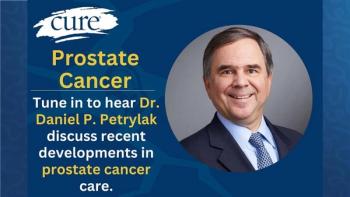
Dr. Daniel P. Petrylak discussed recent developments in prostate cancer care, emphasizing the importance of genetic testing and personalized treatment.
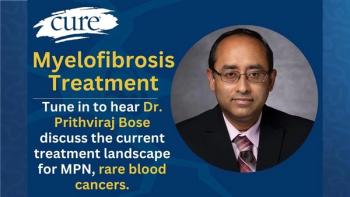
Dr. Prithviraj Bose discussed the current treatment landscape for myeloproliferative neoplasms, a group of rare blood cancers; he focused on myelofibrosis.

Patients need long-term monitoring after gastrointestinal stromal tumor surgery, with some requiring extra treatment or genetic testing to lower recurrence risk.
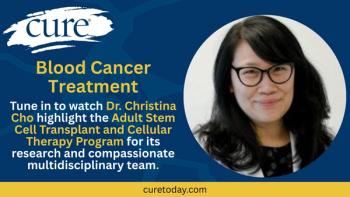
Dr. Christina Cho highlights the Adult Stem Cell Transplant and Cellular Therapy Program for its innovative research and compassionate, multidisciplinary team.
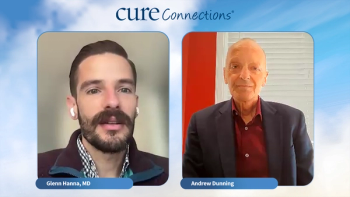
Panelists discuss how thorough monitoring led to the discovery of asymptomatic throat cancer in a patient with HPV, emphasizing the importance of maintaining fitness, building support networks, and adopting a positive attitude throughout the cancer journey despite multiple recurrences.

Panelists discuss how recurrent metastatic head and neck squamous cell carcinoma (HNSCC) manifests through symptoms such as persistent sore throat and neck lumps, with risk factors including tobacco use, alcohol consumption, and HPV infection, particularly affecting patients in their 50s and 60s who lacked access to preventive HPV vaccination.
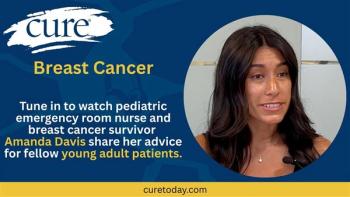
After receiving a breast cancer diagnosis at 29, Amanda Davis wants other young adults who are patients to know that “brighter days are coming.”

Kidney cancer care has seen advances over the past few decades, reflecting both improved diagnostic capabilities and less invasive treatment approaches.
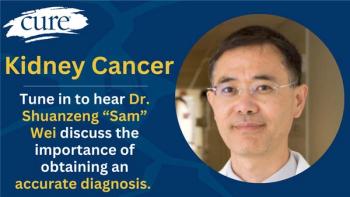
Obtaining an accurate diagnosis is a crucial first step in kidney cancer care, according to Dr. Shuanzeng “Sam” Wei of Fox Chase Cancer Center.
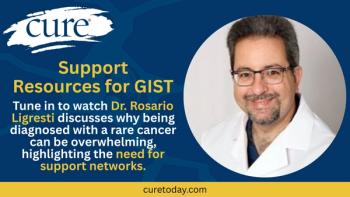
Being diagnosed with a rare cancer like GIST can be overwhelming, highlighting the need for support networks, says Dr. Rosario Ligresti.